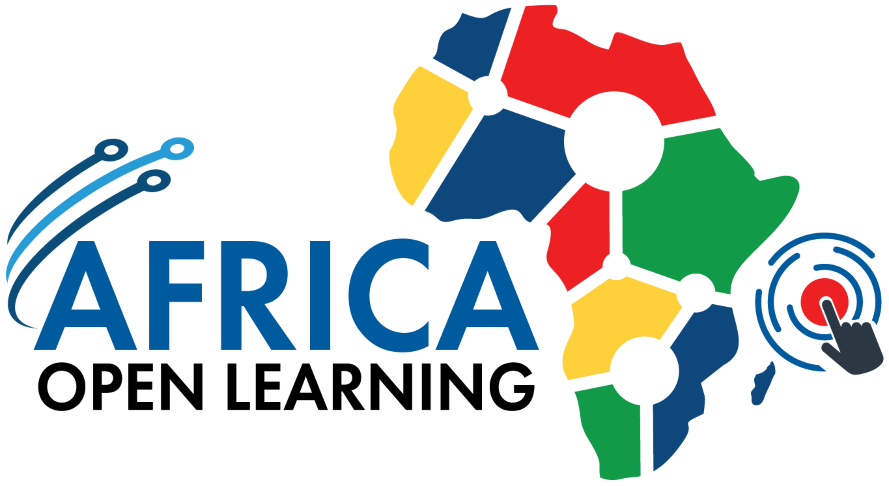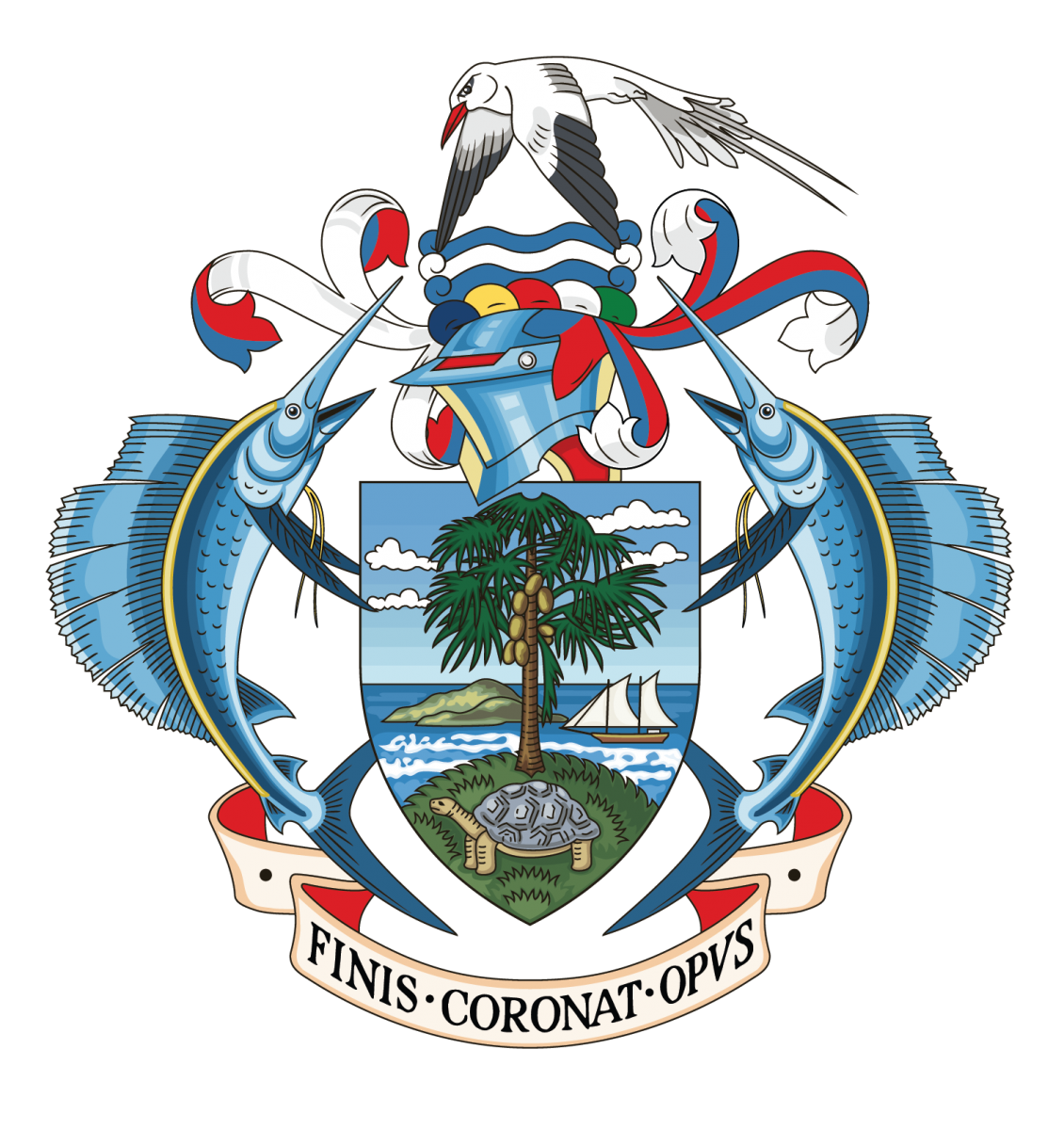Flexible Learning That Enhances Your Potential
Micro-credential certification in Educational Psychology PSY3144 (BPSY)
The module covers a number of topic areas chosen both for their importance in educational practice and to reflect the application of psychological research to the area of education. The module will pay particular attention to assessment issues in educational psychology and will look at the role of an Educational Psychologist.
 This programme is designed, delivered, assessed and awarded by SEGi University through the Africa Open Learning Platform.
This programme is designed, delivered, assessed and awarded by SEGi University through the Africa Open Learning Platform.
Entry Requirements - No
Age Experience - 23 Years Above
Language Proficiency - Yes
Numeracy Proficiency - No
Pre-requisites - No
- What do educational psychologists do?: Challenges teachers face in educating children with autism, causes of autism, and diagnosis
- Evidence-based practice in educational psychology: The nature of the evidenceperspectives on difficult classroom behaviour including behavioural, cognitive and psychodynamic.
- What use is ‘intelligence’? school phobia, school refusal, persistent and chronic non-attendance and truancy . separation anxiety, anxiety about aspects of schooling and other social anxieties.
- Raising educational achievement: What can instructional psychology contribute? alternative approach to investigating the culture or ethos of a school and how educational psychologists can contribute when a school's ethos has many negative features.
- Inclusion for children with special educational needs: How can psychology help? maximising the participation of all learners in mainstream community schools, regardless of ability, gender, language, ethnicity, economic status, social class, care status, religion, disability or sexual orientation
- Effective communication in school: Do teachers and students talk the same language?
- Can we cure dyslexia? The science of dyslexia is well advanced’, and that views on dyslexia are converging.
- Why does mathematics make so many people fearful? Examine the statements in the box that are shown against the letters that are found in the words ‘mathematics’ and ‘number’.
- Educating children with autism: What use are psychological theory and research Qualitative abnormalities in reciprocal social interaction:
- inadequate use of nonverbal behaviours to regulate social interaction;
- failure to develop age-appropriate peer relationships;
- lack of social or emotional reciprocity;
- little sharing of enjoyment, achievement or interests with others.
- Managing classroom behaviour: Perspectives from psychology. classrooms are understood to be an essential part of a young person’s learning environment, the focus falls, from all quarters (politicians, policymakers, parents, teachers), upon the question of how best to promote and maintain good order.
- School bullies: Are they also victims? bullying plays a part in our society is difficult to quantify. Statistical analysis on prevalance rate on bullying
- Coping with life by coping with school? School refusal in young people. School refusal can be a challenging phenomenon for professionals
Coursework - 60%
Exam - 40%
Upon successful completion of this Micro-credential certification in Educational Psychology (BPSY), students will be able to transfer grades and credits into the following programme(s):
Upon successful completion of this Bachelor of Psychology programme and meeting the necessary entry requirements, students will be able to progress into the following programme(s):
- Master of Psychology

